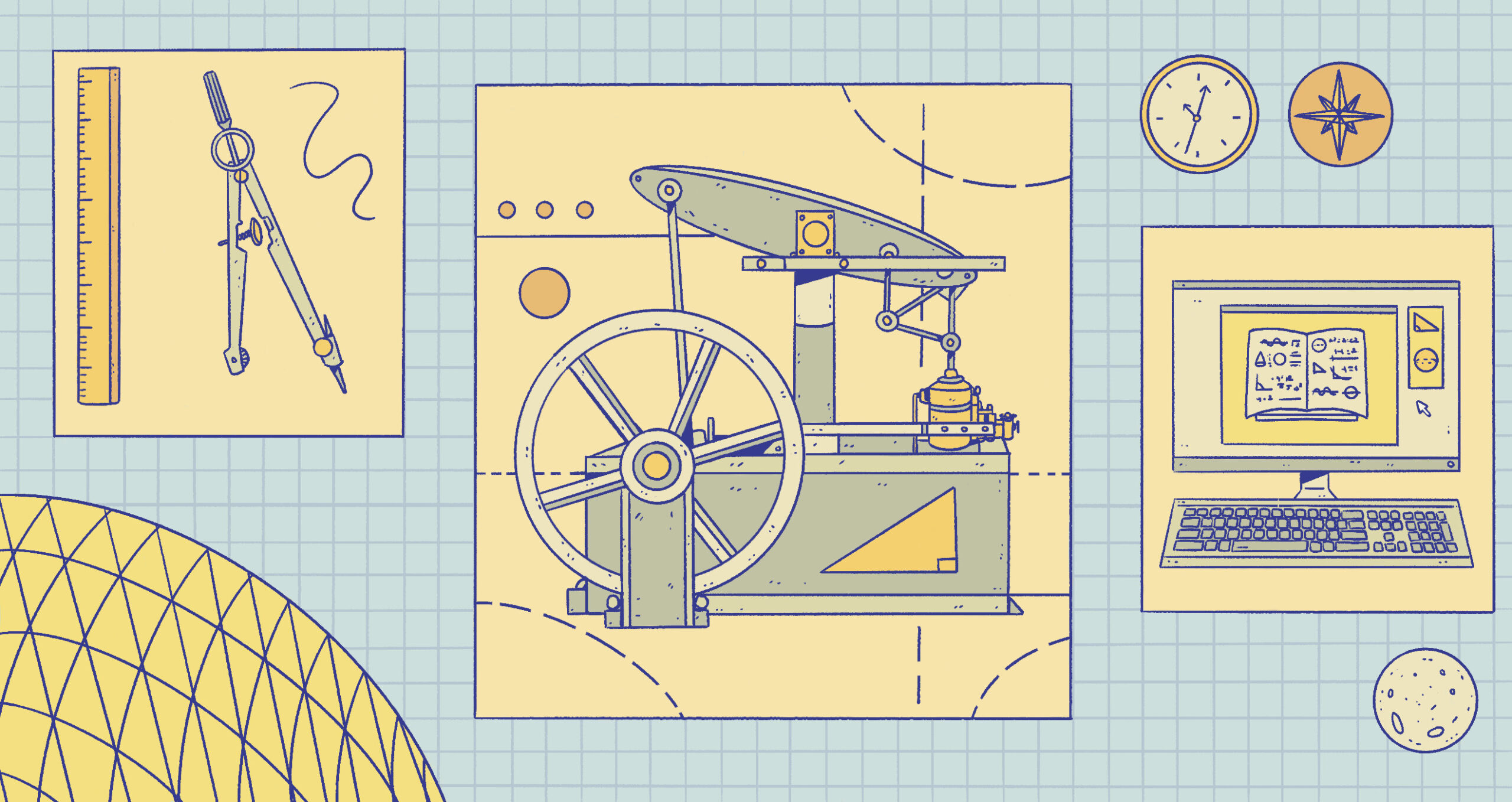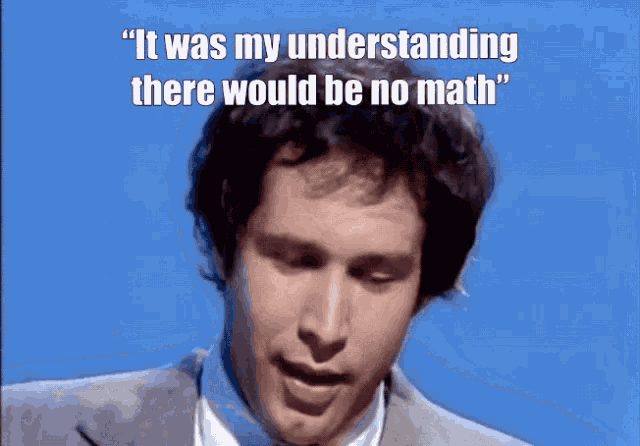- Messages
- 34,130
- Reaction score
- 5,796
- Points
- 288
Came across this on another forum. Interesting reading, lots of neat links to play around with. If you have some time to screw around with, I think you may enjoy this.
In school, you might have heard that the Industrial Revolution was preceded by the Scientific Revolution, when Newton uncovered the mechanical laws underlying motion and Galileo learned the true shape of the cosmos. Armed with this newfound knowledge and the scientific method, the inventors of the Industrial Revolution created machines – from watches to steam engines – that would change everything.
But was science really the key? Most of the significant inventions of the Industrial Revolution were not undergirded by a deep scientific understanding, and their inventors were not scientists.
The standard chronology ignores many of the important events of the previous 500 years. Widespread trade expanded throughout Europe. Artists began using linear perspective and mathematicians learned to use derivatives. Financiers started joint stock corporations and ships navigated the open seas. Fiscally powerful states were conducting warfare on a global scale.
Read the full article:

 worksinprogress.co
worksinprogress.co
How mathematics built the modern world
Mathematics was the cornerstone of the Industrial Revolution. A new paradigm of measurement and calculation, more than scientific discovery, built industry, modernity, and the world we inhabit today.In school, you might have heard that the Industrial Revolution was preceded by the Scientific Revolution, when Newton uncovered the mechanical laws underlying motion and Galileo learned the true shape of the cosmos. Armed with this newfound knowledge and the scientific method, the inventors of the Industrial Revolution created machines – from watches to steam engines – that would change everything.
But was science really the key? Most of the significant inventions of the Industrial Revolution were not undergirded by a deep scientific understanding, and their inventors were not scientists.
The standard chronology ignores many of the important events of the previous 500 years. Widespread trade expanded throughout Europe. Artists began using linear perspective and mathematicians learned to use derivatives. Financiers started joint stock corporations and ships navigated the open seas. Fiscally powerful states were conducting warfare on a global scale.
Read the full article:

How mathematics built the modern world - Works in Progress
Mathematics was the cornerstone of the Industrial Revolution. A new paradigm of measurement and calculation, more than scientific discovery, built industry, modernity, and the world we inhabit today.

